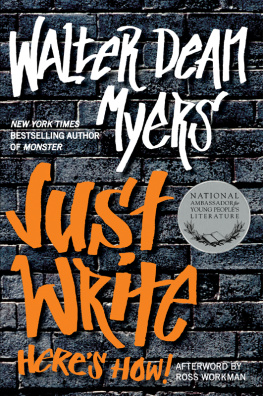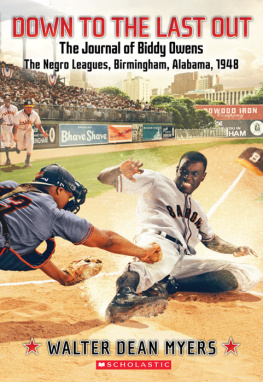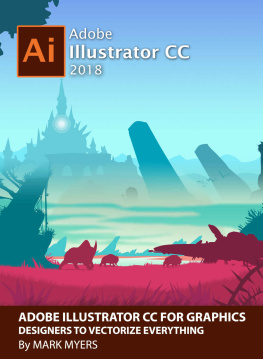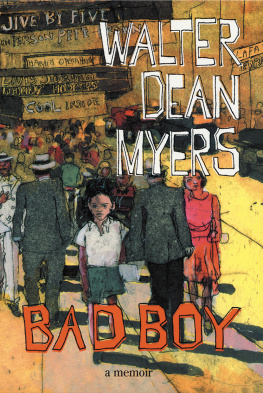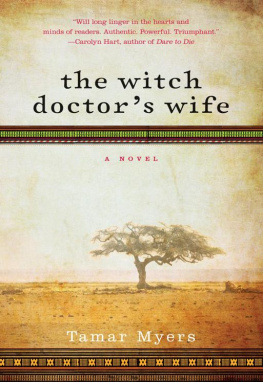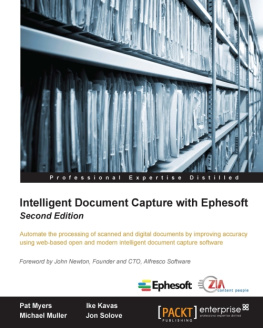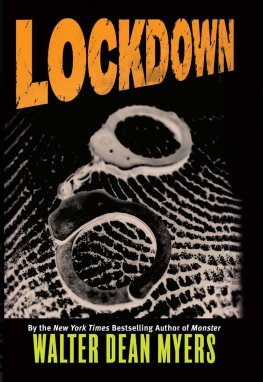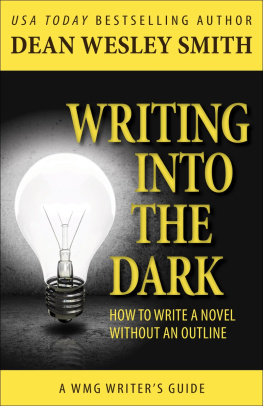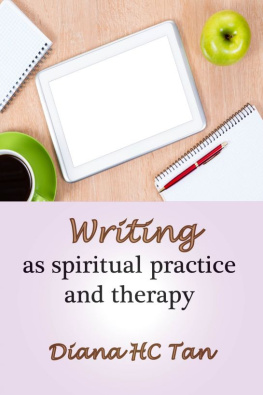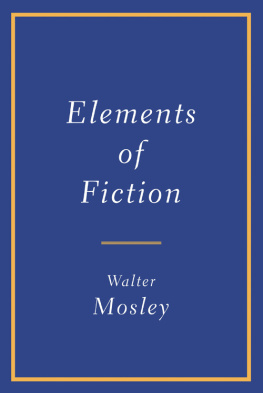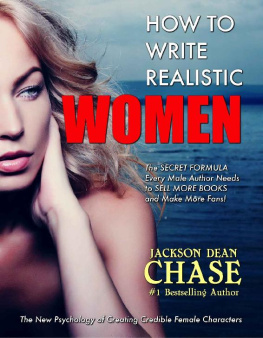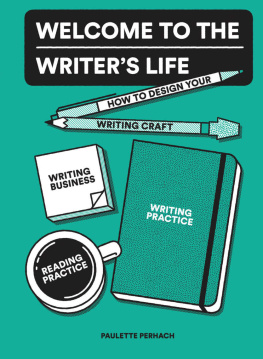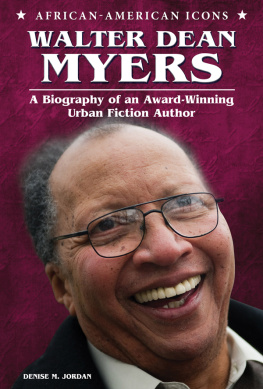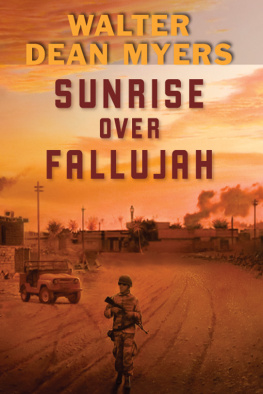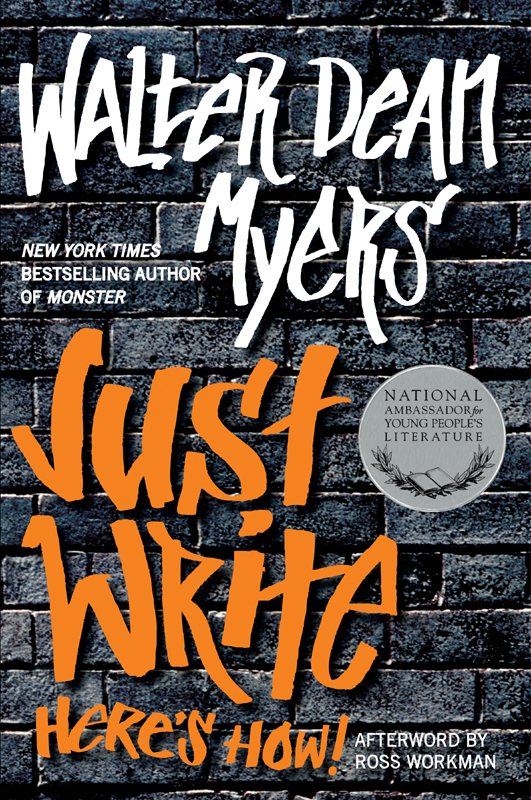PROLOGUE
Why Im a Writer
I love what I do.
After forty-three years and over one hundred books, it still amazes me that I have been lucky enough to spend most of my life doing what I truly love: writing. That people read what I write, that I have won awards for my writing, and that I have been able to make a living at it are extras for which I am very grateful. Success at writing simply means that I am able to continue to write instead of having to get some other job. The many returns my readers have given me for my efforts have exceeded my most ambitious expectations.
I care about writing for young people because I remember how much I needed help and guidance at that time in my life. My own life showed me the value of stories, and Ive spent my career trying to write the books I wanted to read as a teen.
Books and writing have always been a part of my life. There is no substitute for reading. There are two elements I recognize as reading: decoding the letters or symbols that form words and phrases (what you learned to do when you were first beginning to recognize letters and sound out words), and the transition from the decoding process to ownership of the text (what you probably felt the first time you read a book you really loved).
I was lucky to experience ownership at an early age. Ill just tell you right up front that I was a mamas boy. My happiest memories of my childhood are of spending time with my mother, Florence Dean, in our small Harlem apartment. There I first encountered stories. Mama and I would listen to her radio shows or she would read out loud to me. Then we would discuss the stories together and share what they meant to us. You probably do this in English class at school, or maybe with your friends. Ownership is when you really get into a book or a movie (or a video game), and you almost feel like its happening to you. You know its not really happening, of coursebut the characters emotions feel real, and maybe you can imagine being part of the story yourself. Have you ever felt this way about a story?
In my conversations at home with my mother, I became used to transferring information from one person to another and to the imaginative process involved. Long before I started school, I was reading ready and only had to worry about expanding the decoding process.
I defined decoding just above as the mechanical process of reading, of recognizing letters and the sounds they make, and knowing what the words mean. These are the building blocks, but decoding involves more than just phonics or knowing the dictionary definitions of lots of different words. Theres a deeper aspect of understanding a story. Have you ever read a story in school that took place at another time in history, such as during the Vietnam War? Your teacher might have thought it was important to study a little bit about the Vietnam War to give you context to understand the story even better. Or maybe youve read a story about a character who is very different from youmaybe from another country with a unique culture. Being able to understand that characters perspective is also part of the decoding process. There are a lot of ways to get better and better at decoding. The more you learn throughout your life, whether through reading, exploring, or experiencing new things, the greater your capacity for understanding will become.
In many ways, I had a head start in decoding as well as in ownership. I got to travel around New York City with my church, gaining exposure to many different places and cultures. This made me more comfortable with the new ideas I would find in books. I had a relatively wide range of intellectual experiences, even at age seven, that served me well.
My transition from being a reader to being a writer happened naturally. I liked to read and I liked to be sociable, but I tended to fight a lot in school, which limited my social network. The fighting often stemmed from my speech problems. The frustration I felt as I rattled off my ideas to bewildered teachers and fellow students often ended up with me punching someone. I was frequently admonished for not playing well with others. The problem was that the others didnt always do what I told them to do.
When Im writing I create my own others, my characters, and I play very well with them. I went from creating another world in my head to doing it on paper. The discipline of forming the details that made up a poem or story was one I enjoyed immensely.
Im often asked why I write for young people. My own experiences as a teenager were so intense that I keep coming back to that period of my life to explore and to make sense of it in a way that defines who I am today. Ive used my own experiences to understand the characters I write about. What I do is fairly simple. I write books for the troubled boy I once was, and for the boy who lives within me still.
Why do I revisit that time in my life through writing? Why not through psychotherapy or interpretive dance? I think the answer has something to do with the power of the written word. I believe in that power deeply. Through literature, the reader and the writer are provided with a vehicle for direct communication. Every individual is unique, but through writing we can reach out and, hopefully, meet somewhere in the middle. We can understand a person we have never met and know a place weve never seen.
Maybe even more important than transporting us to faraway places, reading and writing can also bring us closer to our own inner selves. As we identify and empathize with other people, we reaffirm our own abilities to make that human connection. We remember were not really that different. There are elements of the experience of living that we all share.
Life is imperfect and often complicated. (If your life is perfect, congratulations. Seriously.) Usually the reason for the complication has to do with other people. When kids used to make fun of me when I had to read out loud in class, they were laughing because thats what they wanted to do. When I punched them, that was what I wanted to do. If we went around doing whatever we wanted, the world would be sort of a mess. So outside of what I want and outside of what you want, weve agreed on some things that we all want. Some people call this morality, or the social contract, even common sense, but somehow we manage to get along with each other.
Stories allow us to think about all this. We can explore how we would react to certain situations without actually having to live through them. We can imagine how we would feel and think about what we would do and whether we agree or disagree with a characters decisions and actions. We can fine-tune our own definitions of right and wrong.
Its a gift to be able to go outside our own limited worlds in this way. That gift was given to me. Reading probably saved my life. In some ways, I mean that figuratively, because the ideas I found in books helped me imagine a life I wanted to live. If I wasnt a reader, I would have missed out on a lot of the things Ive come to consider meaningful.
But reading also literally saved my life.
We each are born into a history. We have a mother and a father; we have certain physical features and are born in a specific place. As writers, we get to invent different histories for our characters. To do this skillfully, we must seek to more deeply understand our own individual histories and their effect on us.
I was born in Martinsburg, West Virginia. I was named Walter Milton Myers. My family (I dont actually remember any of this!) was relatively poor. It is not surprising that, when my mother died two years later, I was taken in by family friends, Herbert and Florence Dean. The Deans lived in a busy section of Harlem, New York, which would later become a setting for many of my stories. My living with them meant that I was taken away from my brothers and sisters, who remained in West Virginia.

